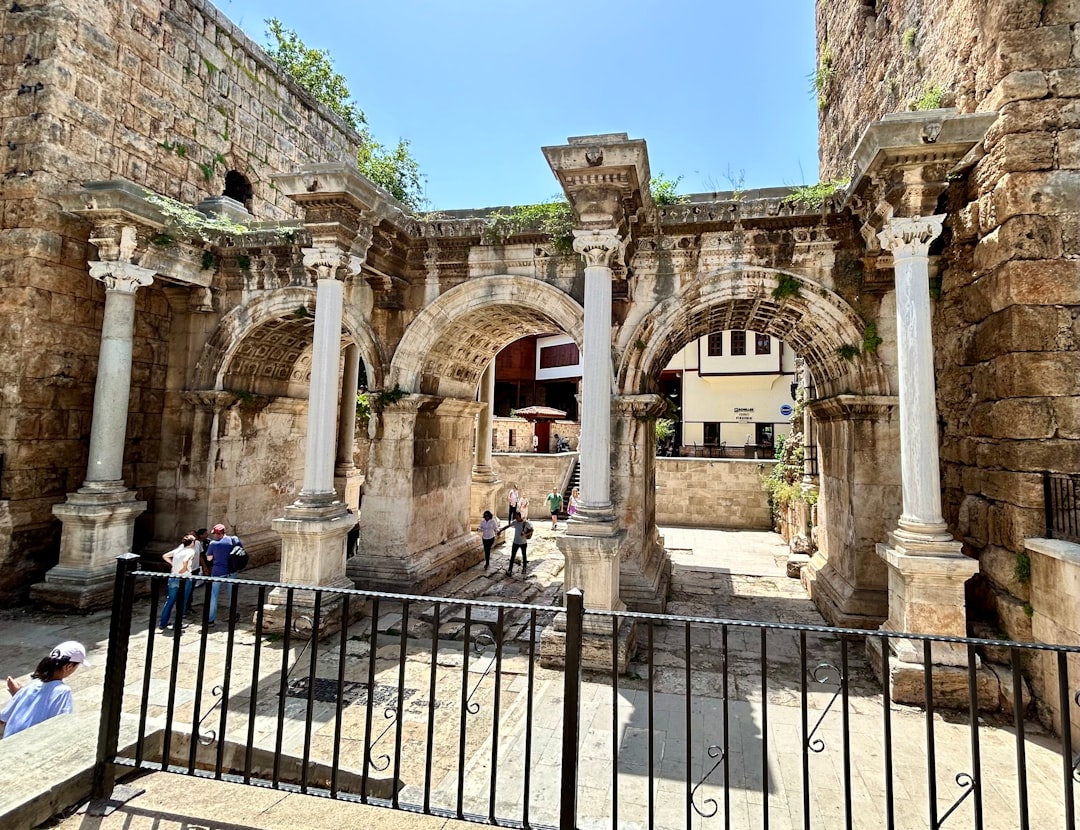Understanding the History and Significance of Olive Cultivation in Antalya Pamphylia
Antalya, a beautiful coastal city located in the southwestern part of Turkey, has a rich history dating back thousands of years. The region of Antalya Pamphylia, as it was known in ancient times, was a significant hub of olive cultivation. Over the centuries, the cultivation of olives in this region has played a vital role in the economy, culture, and cuisine of the area.
The history of olive cultivation in Antalya Pamphylia can be traced back to the ancient Greeks, who colonized the region around 2000 BC. These early settlers recognized the perfect climatic conditions and fertile soil of the area, which made it ideal for growing olive trees. The Greeks not only cultivated olives for their fruit but also extracted olive oil, which had various uses in their society, including cooking, medicine, and religious ceremonies.
During the Roman period, Antalya Pamphylia became an important center for olive oil production. The Romans greatly valued olive oil and exported it throughout their vast empire. The region’s olives and olive oil were highly regarded for their quality and were in high demand. The cultivation of olives continued to thrive throughout the Byzantine and Ottoman periods, with Antalya Pamphylia remaining a crucial region for olive production.
The significance of olive cultivation in Ata Zeytincilik extends beyond its economic importance. Olive trees have been considered sacred in many cultures, symbolizing peace, abundance, and longevity. The olive branch, a traditional symbol of peace, was used by ancient Greeks and Romans as well as in religious practices. The ancient Olympic Games were also crowned with olive wreaths, emphasizing the cultural and symbolic significance of this fruit.
Additionally, olive cultivation has had a profound influence on the local cuisine of Antalya Pamphylia. Olives and olive oil are fundamental ingredients in Mediterranean cuisine, and the people of this region have developed a rich culinary tradition centered around these flavorful fruits. The local dishes often feature olive oil as a key element, which enhances the taste and texture of the food. Tourists visiting Antalya Pamphylia have the opportunity to savor these traditional dishes and experience the unique flavors of the region.
In conclusion, the history of olive cultivation in Antalya Pamphylia is deeply rooted in the ancient civilizations that thrived in this region. From the Greeks and Romans to the Byzantines and Ottomans, the cultivation of olives has been an integral part of the local economy, culture, and cuisine. The significance of olive cultivation in Antalya Pamphylia goes beyond its economic value, playing an essential role in the region’s symbolism and identity. Therefore, exploring the history and significance of olive cultivation in Antalya Pamphylia provides valuable insights into the cultural heritage of the area.
************
Want to get more details?
Ata Zeytincilik
https://www.atazeytincilik.com/
+905324202088Ata Zeytincilik
Başköy, Ayışığı Sokak no:14, 07025 Kepez/Antalya
Ata Zeytincilik is a small family business dedicated to producing the best olive oil in the region. We produce cold pressed extra virgin olive oil with natural and modern methods from our olives grove since 2016. Our olive grove is near the ancient cities of Termessos and Lyrboton Kome in the Pamphylian plain in Antalya, famous for its olive oil history. We squeeze our hand-picked olives as soon as possible to obtain olive oils with low acidity and high polyphenol content.
Our olives are collected from our farm, which includes a total of 2200 olive trees that we carefully protect on 65,000 square metres of land, and we ensure that each olive oil is of the highest quality. Although we are a small business, we are passionate about what we do and we are proud that our oil is produced with care and dedication.

